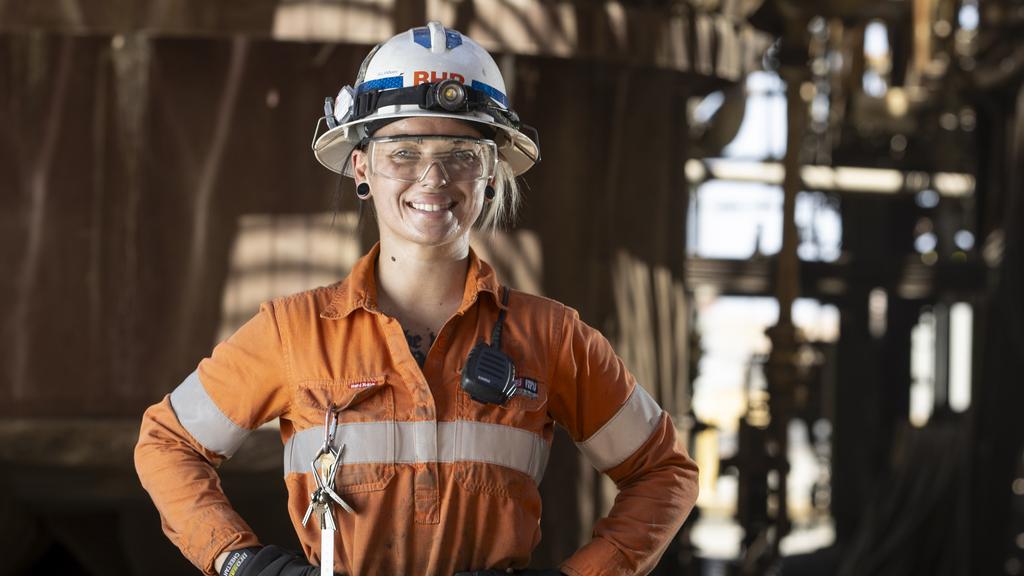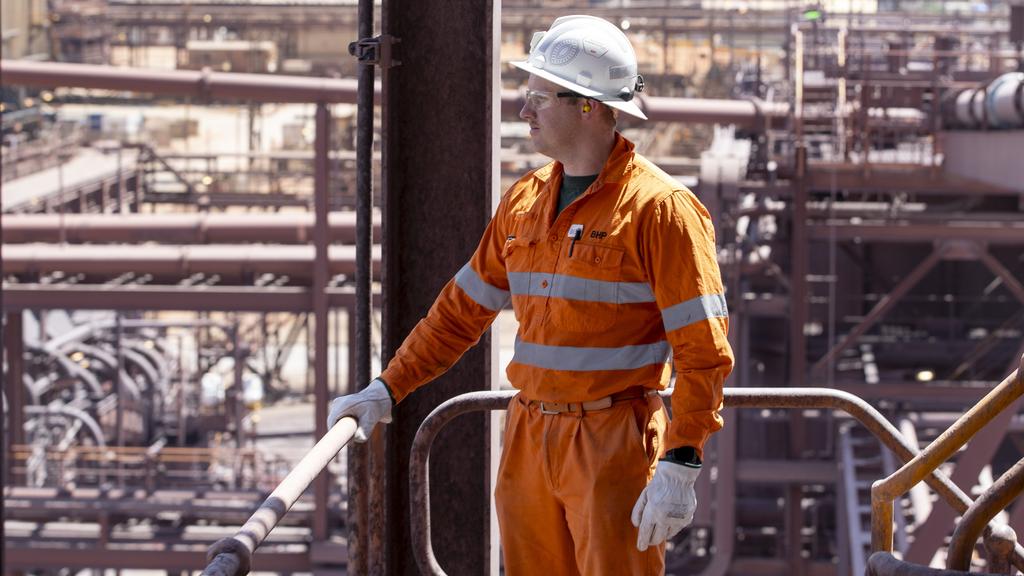
Article by Geoff Chamber, courtesy of The Australian.

Australia’s biggest miners have accused Jim Chalmers of squandering consecutive surpluses they helped deliver and warned that the federal budget will remain in deficit for a decade unless government spending is reined in and fiscal discipline applied.
In a pre-budget submission to Treasury, mining companies have warned that Australia’s economic reputation is “under significant threat” and are pushing the Albanese government to put nuclear energy and uranium mining on the table.
The Treasurer, whose scheduled March 25 budget will not proceed if Anthony Albanese calls a pre-May election, is facing a fierce backlash from companies, big and small business, builders, developers and miners demanding a shopping list of tax breaks, economic reforms, cash supports and investment boosting policies.
The Weekend Australian can reveal that national and state mining bodies will launch election campaigns focused on the strength of the resources sector and jobs, and similar to other business groups, will focus on governments “getting the fundamentals right”. The message from business leaders to the Prime Minister and Dr Chalmers is that they don’t need incentives like production tax credits to invest, they “just need better economic conditions”.
Industry chiefs have also chipped Dr Chalmers, who has flagged additional cost-of-living relief and more housing supports ahead of the election, for suggesting the private sector must take the lead because you can’t “replace private growth and private investment with public investment”.
The Minerals Council of Australia – representing mining giants including BHP, Rio Tinto, Whitehaven Coal, Roy Hill, Newmont, Glencore and Lynas Rare Earths – told Treasury it was “futile for the government to expect business to do the heavy lifting in strengthening the economy when policies are making it harder for them to become more efficient”.
The submission warns the Albanese government that “economic growth remains weak”, with sluggish business investment, declining productivity, and high inflation impacting consumer confidence.
“The budget is projected to remain in deficit for at least the next decade,” the submission says. “There is a growing risk of the budget deficit deteriorating if there are increasing demands for government spending and a lack of fiscal discipline, along with smaller tax revenue upgrades than successive governments are accustomed to.”

“While the government incorrectly blamed mining for revenue downgrades in MYEFO (the budget update in December), the prevailing market conditions in mining are more likely to result in a $4bn-to-$6bn upward revision of company tax receipts (in) 2024-25.
“The past two budget surpluses could not have occurred without the economic contribution of the mining industry. It was unforeseen revenue upgrades, partly thanks to mining revenues, that turned two forecasted budget deficits into surpluses.
“With this considerable influx of tax revenue from mining, the government has basked in an unprecedented boost to its spending power.”
In addition to calling for Labor’s union-backed industrial relations to be unwound, mining and business groups have identified lowering energy costs, guaranteeing long-term reliable power, getting migration settings right and turbocharging the skilled workforce as priorities to revive Australia’s flatlining economy.
MCA chief executive Tania Constable, who warned the government that Australia risked a decade of budget deficits and lower living standards without urgent policy changes, said not enough was done to “show fiscal restraint”. Upgrades in company tax receipts, fuelled by iron ore, coal and LNG, underpinned the Treasurer’s back-to-back surpluses of $15.8bn and $22.1bn.
“Unfortunately, rather than using this additional revenue to undertake long-term budget repair, the government has allowed spending to rise to unsustainable levels, missing a golden opportunity to show fiscal restraint and ensure that Australia’s finances remain healthy for future generations,” Ms Constable said. “Tough decisions on spending have not only been delayed, but dismissed outright, showing a lack of economic judgment and discipline.”
After meeting a delegation of more than 30 Business Council of Australia member chief executives in Canberra last week, Dr Chalmers used a speech to credit the private sector with creating “four in every five of the 1.1 million jobs”.
“Public demand has played a role in keeping the economy from going backwards over the past two years,” the Treasurer said.
“But we know that the best kind of strong and sustainable economic growth means growth led by the private sector. When I’ve said this on many occasions before, I’ve seen it written up as some kind of reluctant admission, but I think it’s just common sense. Our economy is at its best when it’s private companies powering growth and propelling us forward.”
The MCA, which is calling for no new or higher taxes targeting the resources sector, told Treasury that over-regulation and uncertainty is choking investment and the private sector.
Amid heightened global competition for investment led by Donald Trump urging foreign companies to pump billions of dollars into the US, miners want the government to eliminate duplication and delays by establishing a “single front-door function for project approvals”.
Since the 2022 election, major projects including the McPhillamys gold mine in Blayney, NSW, have had applications delayed by green lawfare activists.
Amid ongoing energy wars between the Prime Minister and Peter Dutton pitting renewables against nuclear power, the MCA called on the government to remove legislative prohibitions on nuclear energy and uranium mining. “By limiting the scope of technologies considered for clean-energy generation, such as nuclear, the federal government risks overlooking least-cost, efficient solutions and imposing internationally uncompetitive energy costs on the economy.”
Miners are also pushing Dr Chalmers to retain the Fuel Tax Credit scheme in its current form and not impose new or additional taxes, and also make permanent accelerated depreciation measures.
